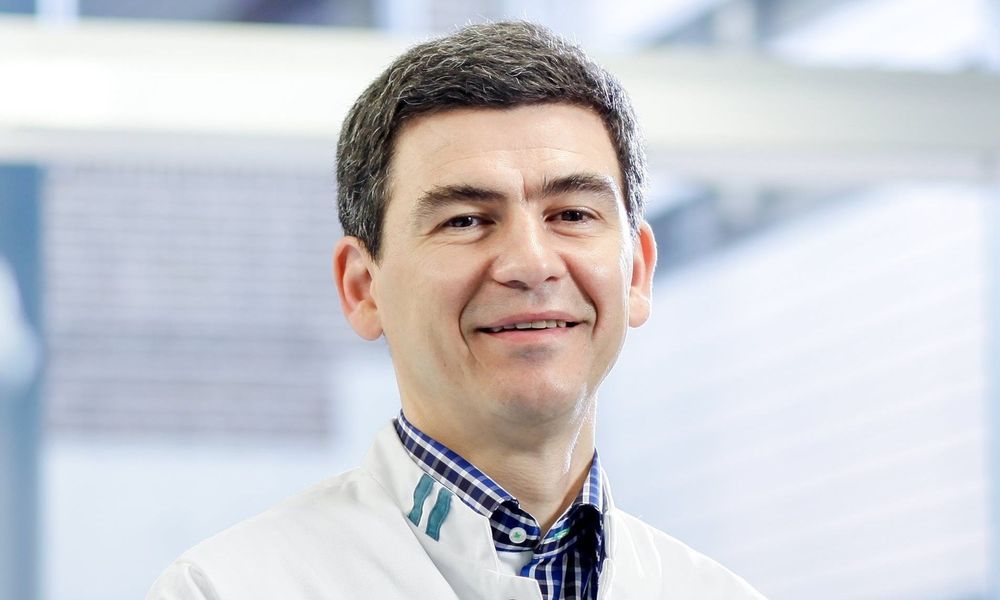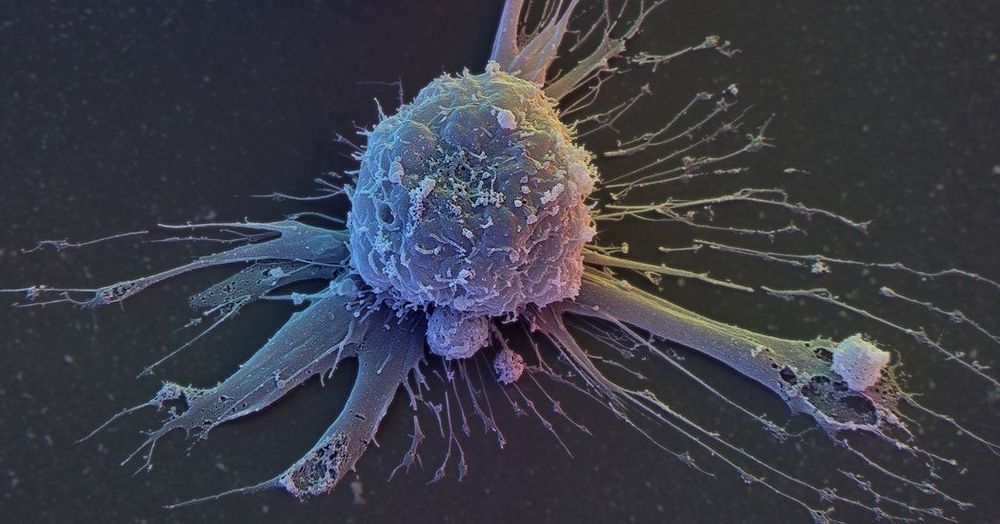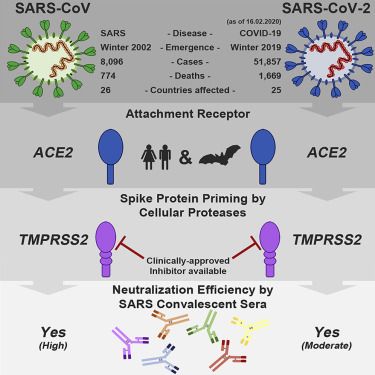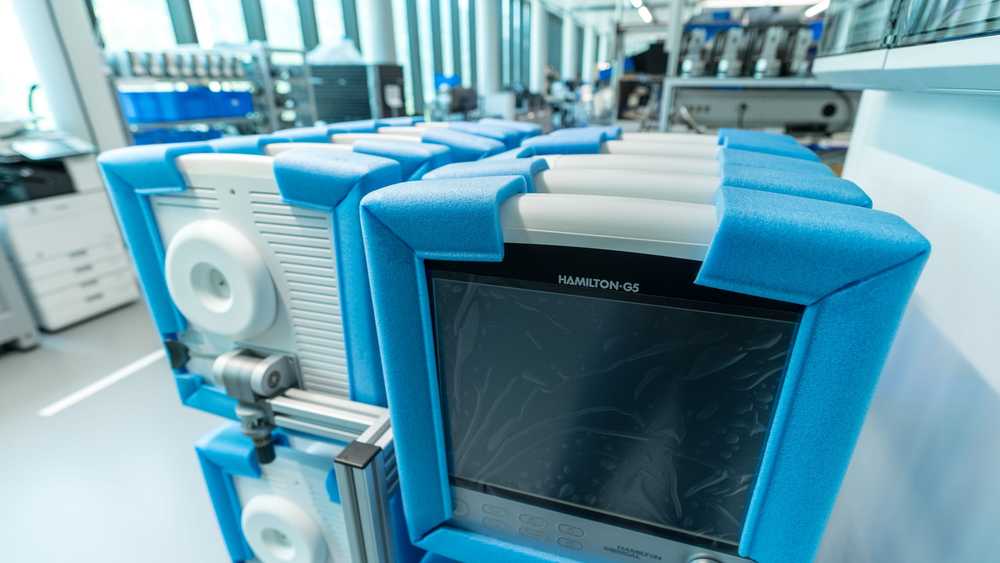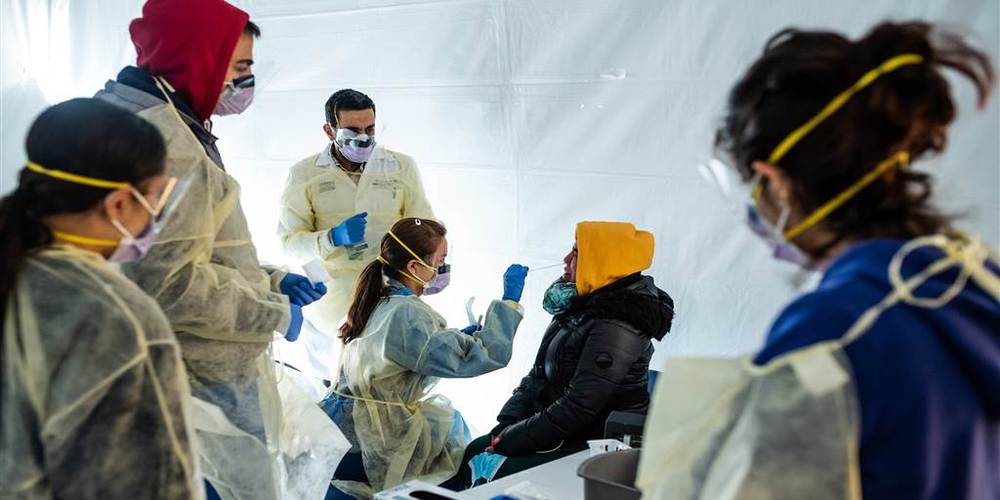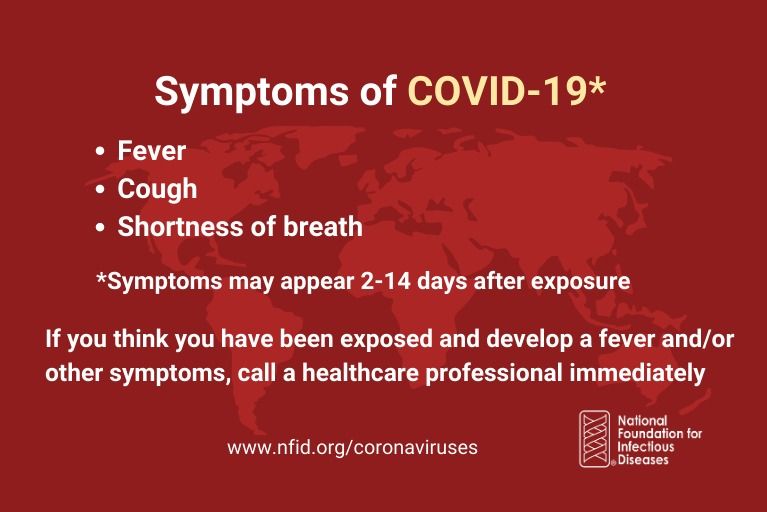Researchers at Stanford University report that they can rejuvenate human cells by reprogramming them back to a youthful state. They hope that the technique will help in the treatment of diseases, such as osteoarthritis and muscle wasting, that are caused by the aging of tissue cells.
A major cause of aging is thought to be the errors that accumulate in the epigenome, the system of proteins that packages the DNA and controls access to its genes. The Stanford team, led by Tapash Jay Sarkar, Dr. Thomas A. Rando and Vittorio Sebastiano, say their method, designed to reverse these errors and walk back the cells to their youthful state, does indeed restore the cells’ vigor and eliminate signs of aging.
In their report, published on Tuesday in Nature Communications, they described their technique as “a significant step toward the goal of reversing cellular aging” and could produce therapies “for aging and aging-related diseases.”
